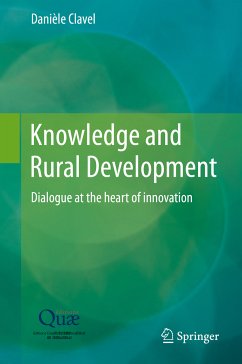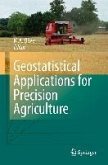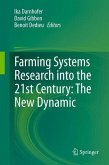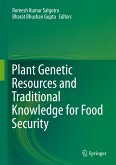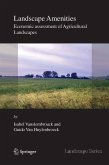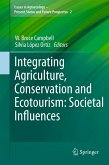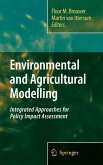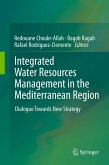Following the hunger riots in 2008, against a backdrop of the world environmental and economic crisis, the arrangements in place for international aid to developing countries, particularly in Africa, were seriously called into question. The permanent threat of famine from climate change and speculation has made food-crop agriculture a core concern. What type of rural development do we need to return to, how and with whom? Some African communities have already started answering these questions. They are proposing novel and productive, local or regional actions that are proving their worth. At the confluence of heretofore overlooked cultures, new development modes are seeing the light of day. The author describes some of these African initiatives that respect the identity of rural populations. These experiences illustrate an approach whereby technical innovation is no longer central, but fits into a more global system. Another type of development is taking shape. Dialogue, active participation of the communities involved and consideration of all types of local knowledge are its basic principles.
Danièle Clavel is an agronomist with a doctorate in environmental sciences and techniques from the University of Paris 12. She specializes in adapting plants to drought and worked for fifteen years in Africa, notably in Senegal as a groundnut breeder. She is currently working at CIRAD in Montpellier, in relation with numerous rural development operators in French- and English-speaking Africa.
Dieser Download kann aus rechtlichen Gründen nur mit Rechnungsadresse in A, B, BG, CY, CZ, D, DK, EW, E, FIN, F, GR, HR, H, IRL, I, LT, L, LR, M, NL, PL, P, R, S, SLO, SK ausgeliefert werden.

